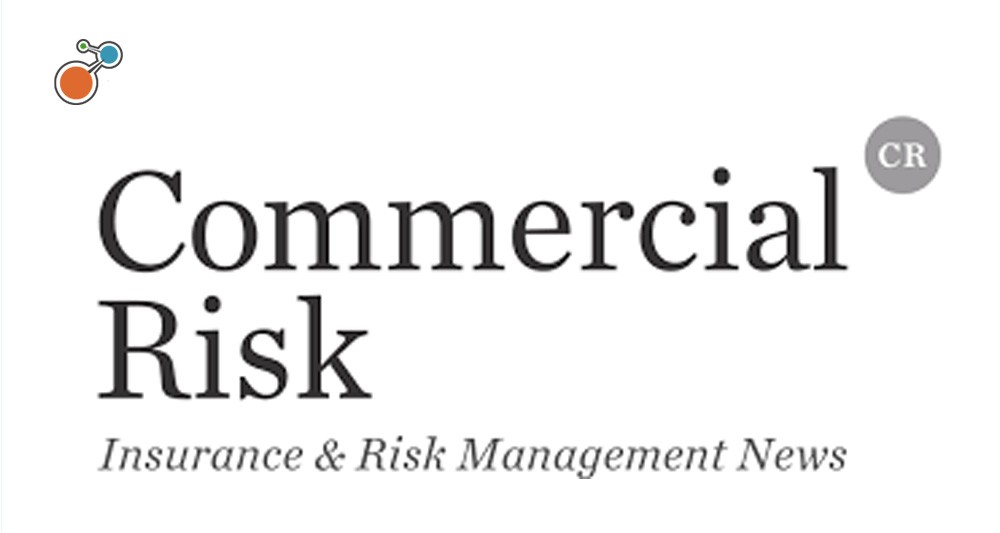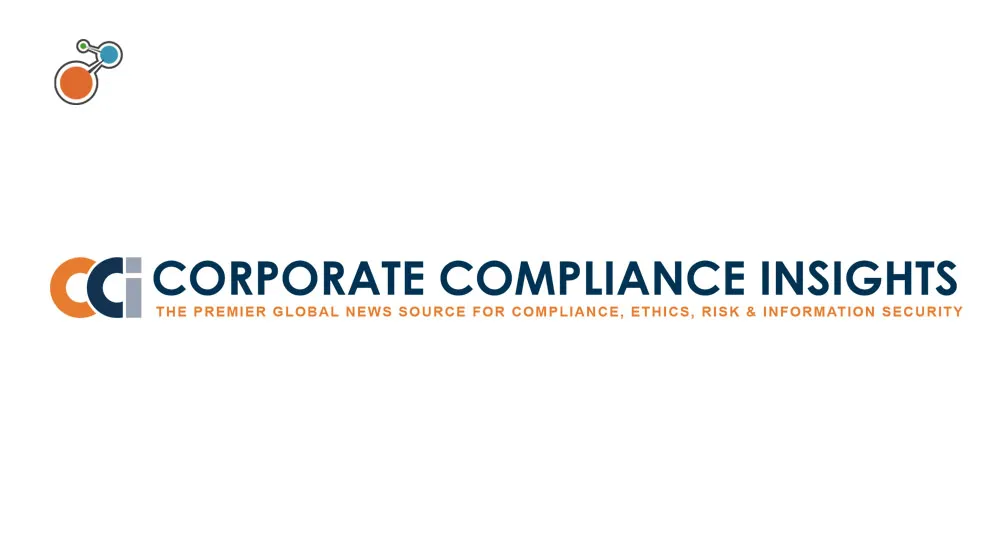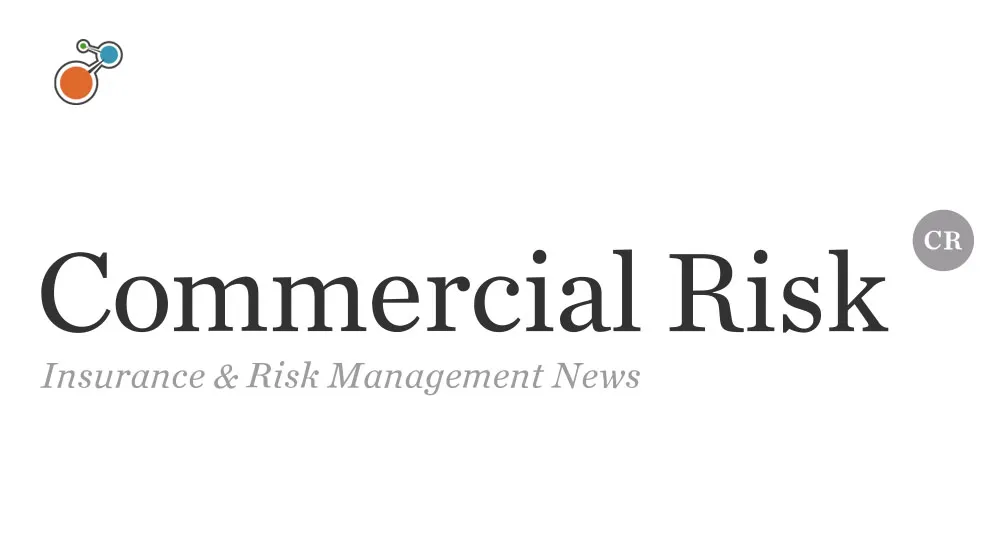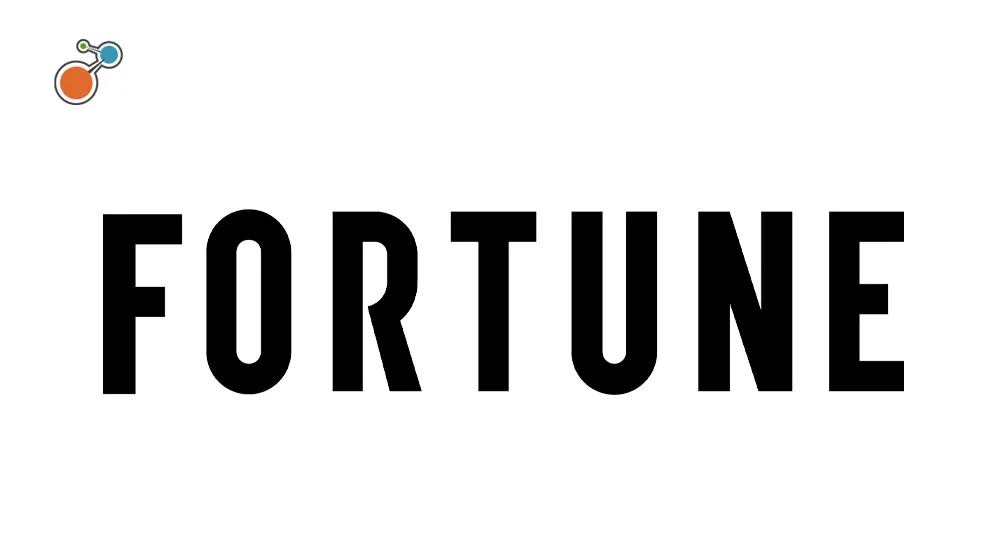Commercial Risk, November 16, 2023
Companies need to double down on political risk in their supply chains as conflict in the Middle East threatens to disrupt trade and shipping, experts told Commercial Risk.
Israel is an important supplier of specialist goods and services to Western companies in chemicals, pharmaceutical, energy and technology, according to Jim Wetekamp, CEO of Riskonnect, an integrated risk management solutions provider. Disruption to the supply of these specialist products and services could have a “surprise knock-on effect” for supply chains, he said.
Speaking to Commercial Risk, Wetekamp said uncertainty around a wider conflict in the Middle East is potentially a bigger problem than the current local impact of the war.
“There is a difference between the reality of the impact of the conflict on the supply chain and the potential for the risk expanding, and that is where it gets difficult. Is your biggest risk that Israel is in conflict, or that it expands or goes on indefinitely? It’s probably the latter. That is the hardest thing to judge – what mitigating controls and what expense to put on the risk that it moves beyond a localised impact,” he said.
Companies will need to check supply chains for exposure to Israel, but also the wider region, should the conflict spill over to neighbouring countries, according to Wetekamp. They should also consider various supply chain risk scenarios from the conflict, such as civil unrest and protests, the impact on international travel, and cyberattacks, for example.
“Geopolitical risk is on the minds of chief executives at major industrials, and they are trying to get better prepared for geopolitical volatility. We had Russia-Ukraine last year, now Israel. What is next? A lot of organisations are upping their investments across the board to better identify these risks and their impact, and put these assessments into strategic decision making,” said Wetekamp.
“Job number one is about really understanding your supply chain, mapping it at multiple tiers, down to the individual part or component level, tracking and staying aware of geopolitical risk in the regions you are dependent upon, and identifying alternative sources of supply. It also pays to ask tier one and tier two vendors to do the same,” he said.
Read the full article in Commercial Risk.>>





